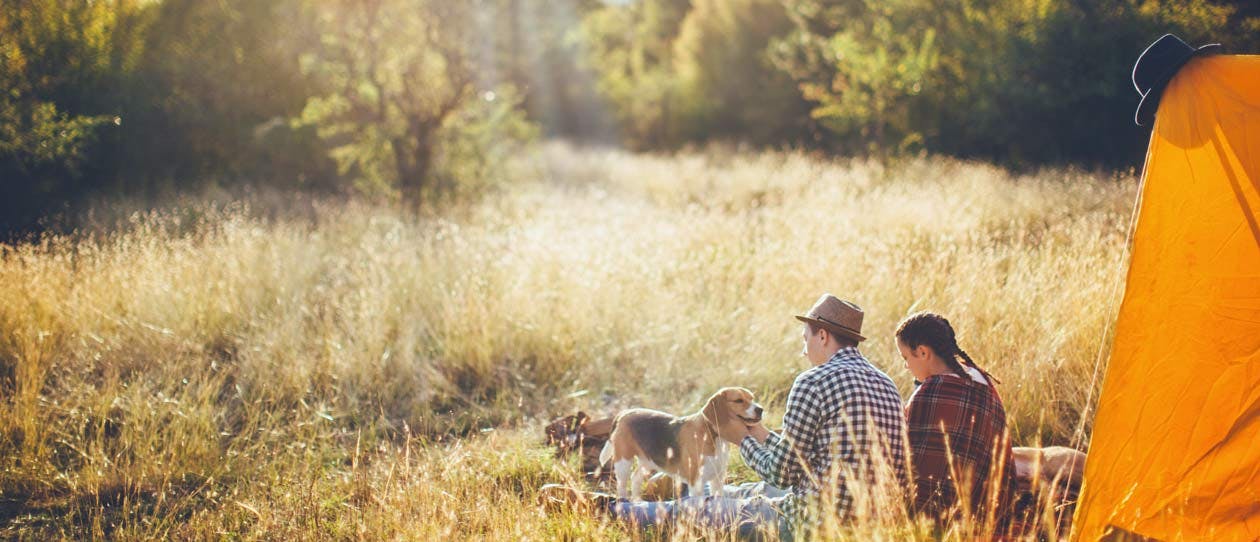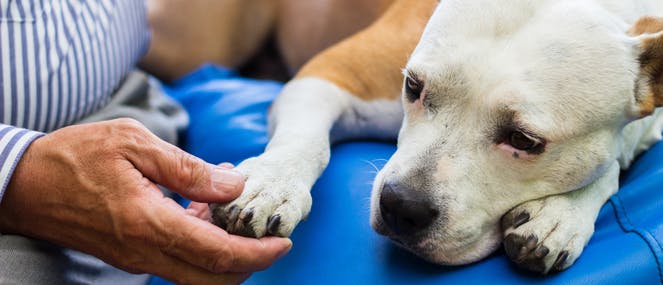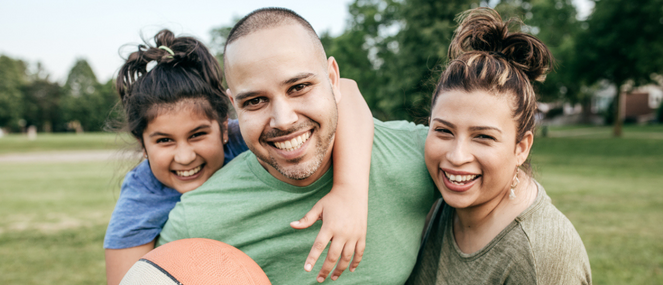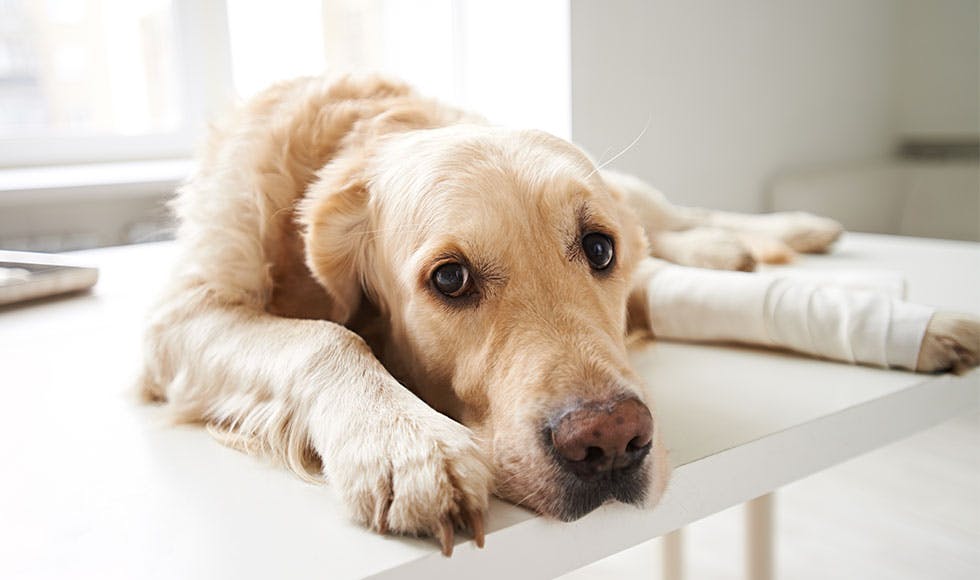
- PAW by Blackmores/
- A Guide To Perfect Your Pet's Health/
- Health and Vitality Products For Your Dog/
- Camping with your dog


Camping with your dogs can make for a memorable experience for all involved. Well behaved pooches are a great way to make new buddies when out and about, and it’s a great bonding experience for you as a family, enjoying some down time and exploring the local area together. While we won’t pretend bringing them along doesn’t require a little extra work, with some forethought and careful planning, you can all have a safe and awesome time.
Choose your location carefully
Many national parks and grounds are pet free zones, as they present a danger to local wildlife, so it’s advisable to hit the road with a firm booking in place. If you’re going off grid – beach camping, for example, make contact with your local 4WD group or Council to ensure you’re not breaking any laws, which can mean a hefty fine and having to pack up and move on. It’s also a great idea to find out how busy your spot will be and how this may affect your dog’s behaviour. Not sure how they’ll handle it? Try going to a less populated spot for your first few trips until you see how your pet behaves when camping. On a similar note, an overnight-er may be a better bet than a week long stint outdoors.Pack well
Unless you want to purchase a last-minute bag of chow at a massively marked up price from a remote service station, make sure you’ve packed plenty of their fave food (a change in diet could also make for an unpleasant tent mate later that night.) Also bring water dishes and fresh water to keep them hydrated. You’ll need to pack (and use!) your dog car harness and other travel items that you normally use when taking your dog for a drive, this includes any 4wding you may do.Walk them straight away
While setting up your campsite is usually step one, you may find pooch is eager to get out and smell all those wonderful new smells and may be quite the hindrance as a result. If possible, take them for a decent walk through the area first up – this will also help wear them out, so they’ll be happy to lay down and watch while you work.Stay safe
Don’t leave your dog in your car while you set up or overnight, as they may overheat. Instead, purchase an extendable leash that tethers to your body (for example, a cycling leash, or attach one to your belt securely.) This will also save them wandering into the bush and eating something poisonous or being bitten by the local wildlife. Come bed time, ensure they cannot escape and get into other people’s tents or food, or wander off and become lost or injured. If your tent is secure, this is the easiest way to do so (and they’ll keep you toastie warm.)Pack the First Aid Kit and look out for dangers
Brown and black snakes are commonly found in the Aussie bush and require immediate and serious veterinary intervention, says veterinarian Dr Sarah Howard, adding the same goes for paralysis ticks, which also require veterinary intervention.
When it comes to other bush and beach insects – think flies, mosquitoes, bush ticks, ants, prevention and treatment really depends on your pet’s sensitivity to the insect. “Some will puff right up like a balloon and need veterinary intervention, while others will just have a local irritation or itch.” She says the Triderm Calming Gel is a handy product to pop in your first aid kit for these moments, as it will reduce itch and irritation quickly, and is safe.
Keeping them close by is also a handy way to avoid them tucking into a not so tasty treat – for example, decaying carcasses which can lead to gastroenteritis, noxious plants or even getting into the human food stock. “They may also get into a fight with other dogs in the area, and unsupervised swimming is another risk.” All these problems can largely be avoided if you ensure they stay tethered to a human, tree or stake.
And last but not least, don’t forget to take plenty of snaps to brighten up your (far more comfortable) home on your return!
If you would like more specific advice on travelling with pets, please consult with your local veterinarian.




